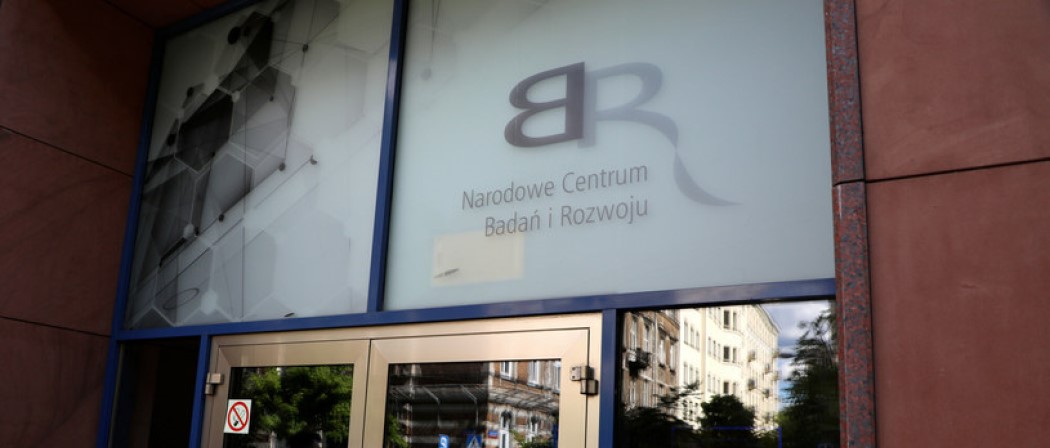
Poland’s National Center for Research and Development (NCBR) together with PKN ORLEN - Central Europe’s top refiners of crude oil - announced a call for the joint NEON grant programme. It is designed to co-finance projects related to the production of organic biomass from plants, carefully cultivated not to interfere with the natural ecosystems. It is yet another initiative of the NCBR which supports the implementation of the European Green Deal objectives.
Bio-based products are a sustainable alternative to fossil raw materials. They are considered an important element of Poland’s raw materials base, and as such will have a significant role to play in the country’s energy transformation based on renewables. Similarly, ORLEN's 2030 strategy sets out a series of objectives in the area of biofuels, biomaterials and recycling in line with the concept of circular economy. The NEON programme supports the development of these technologies and is one of the ways for the company to achieve emission neutrality by 2050. The call, co-ordinated by the NCBR, will allow to select innovative solutions that will strengthen ORLEN’s operations in this technologically advanced field.
In the first NEON call, innovative technologies for the production of biomass and biocomponents, as well as new (biological and biochemical) technologies for hydrogen production will be sought. In total, four calls are planned: "Biomass" and "Closed Circulation Economy" in 2022, and "Decarbonisation" and "Industry 4.0" in 2023. The NCBR and PKN ORLEN have committed as much as 43 million EUR for the programme.
PKN ORLEN emerges as a leader in the production of modern biofuels and the continuous investments mean it develops an advanced biorefinery of its own. In 2021, PKN ORLEN launched the largest installation producing ecological glycol in Europe. Next year, an installation for producing and distillation of UCO FAME will also be built. The plans are to produce 30 thousand tons of second-generation esters and 7 thousand tons of technical glycerin per year from post-cooking oils and animal fats. The company also has plans in place to establish, by 2024, a complex for the production of a new generation biomethane from cereal straw.
This joint initiative of the NCBR and PKN ORLEN complements previous NCBR’s programmes compatible with the European Green Deal and based on innovative pre-commercial procurement (PCP) formulas. Already in 2022, NCBR announced several new initiatives supporting the European Green Deal: the HYDROSTRATEG strategic programme (solving water-related problems), the INFOSTRATEG strategic programme (supporting advanced information, telecommunications and mechatronic technologies) and "New technologies in the field of energy" strategic programme.
Photo credits: Jakub Kamiński




 A unique international forum for public research organisations and companies to connect their external engagement with strategic interests around their R&D system.
A unique international forum for public research organisations and companies to connect their external engagement with strategic interests around their R&D system.